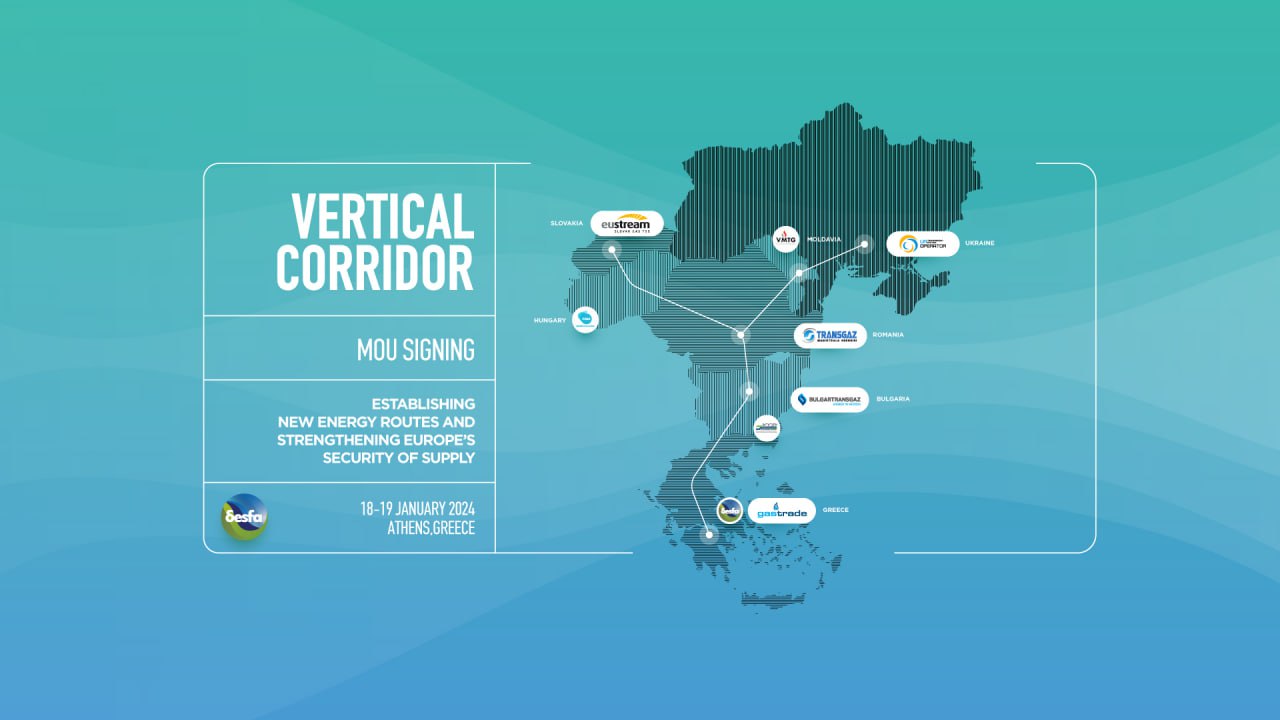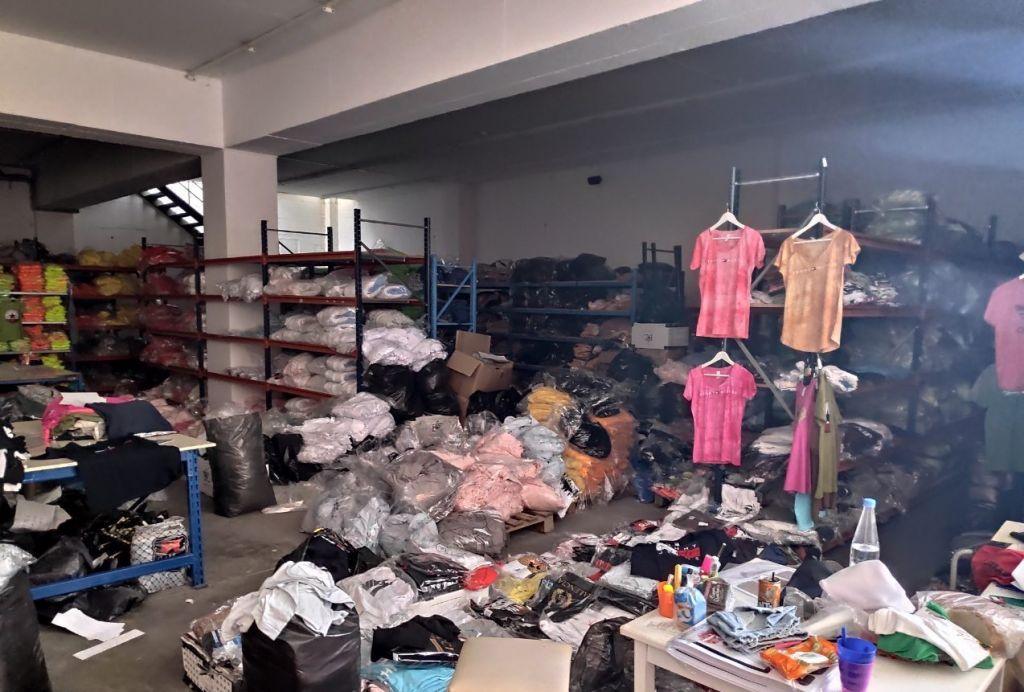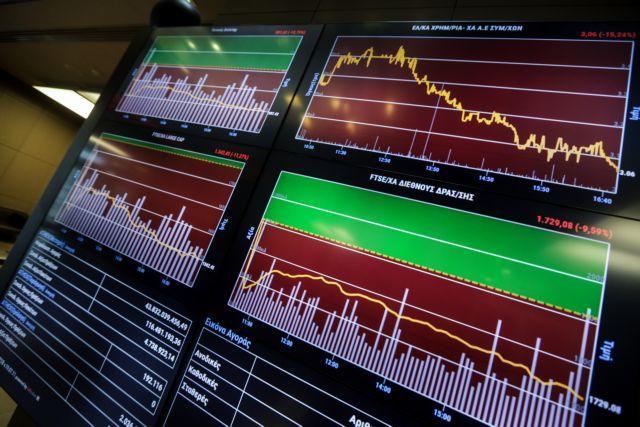Greece is fast becoming a key player in the defense and cybersecurity startup ecosystem in Central and Eastern Europe, according to a recent study by The Recursive. While momentum is building, the sector still faces significant limitations—particularly when it comes to attracting investment capital.
The report highlights that Greece is gradually evolving into a major hub for defense technology and dual-use innovation in Southern Europe. Areas of focus include autonomous systems, AI applications for military use, and underwater technologies.
The country’s defense budget for 2024 stands at approximately 7.12 billion euros, accounting for 3.2% of its GDP. Greece’s position is further bolstered by its four national military academies, and by the foundation laid by established defense industry players like Hellenic Aerospace Industry (HAI), Hellenic Defense Systems (EAS), and the Skaramangas Shipyards, the largest shipyard not only in Greece, but also in the entire region of the eastern Mediterranean.
In the cybersecurity domain, Greece’s industry is heavily service-oriented, which partially explains the limited number of notable domestic product-based companies, according to The Recursive.
Most companies rely on internal funding, with some benefiting from grants, while venture capital involvement remains rare. Nevertheless, Greece hosts one of the largest networks of universities offering cybersecurity programs—28 institutions in total—providing a strong pipeline of talent for the sector.
One standout success story is Hack The Box, a globally recognized cybersecurity training and simulation platform headquartered in Greece. The company, employing 1,013 people, raised 61.6 million euros in Series B funding in 2023.
On the defense and dual-use technology front, nine startups have raised a collective 19.21 million euros. These ventures are focused on cutting-edge areas including autonomous systems, AI for defense, geospatial solutions, remote sensing, and underwater intelligence systems.
Source: tovima.com







![e-ΕΦΚΑ: Πώς θα παραμείνουν ασφαλιστικά «καλυμμένοι» οι αγρότες [πίνακας]](https://www.ot.gr/wp-content/uploads/2024/12/ot_agrotis_sitari-300x300.png)




















![e-ΕΦΚΑ: Πώς θα παραμείνουν ασφαλιστικά «καλυμμένοι» οι αγρότες [πίνακας]](https://www.ot.gr/wp-content/uploads/2024/12/ot_agrotis_sitari.png)












